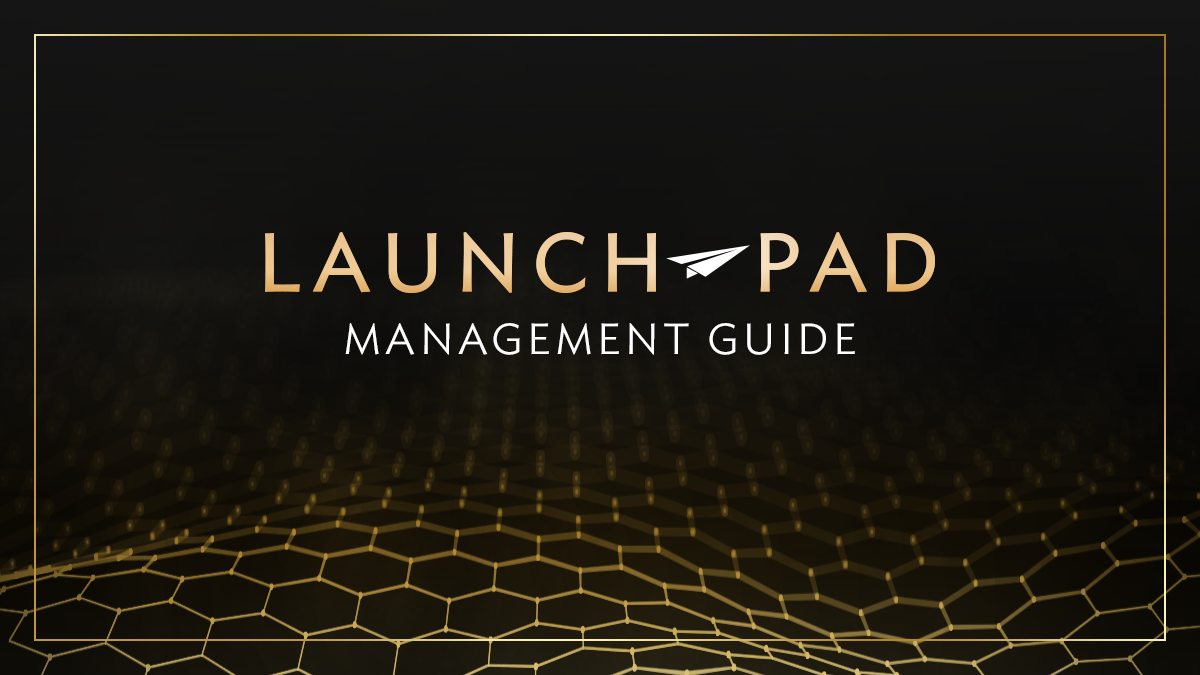
Heading into script development? Learn how to work with the different people you’ll encounter.
“Development” and “developing” are words that get thrown around a lot in screenwriting, and essentially define anything that happens to get you to a finished draft. You can develop your material by yourself, with friends, with your representatives, and with anyone who attaches themself to or buys your script. However, each person you develop your script with has a different agenda and perspective based on their own experiences and role in the industry.
As you’re going through all of the steps to seeing your project on screen, it can feel as though your script is never good enough. But the truth is, film and television creation is a collaborative process. There aren’t many industries that so equally combine art and commerce while also allowing so many talented people to have a say in the process, and part of your role in everything is to listen and sift through it all to create a cohesive story on the page.
To help you understand how to use the knowledge of others to create the best story (and to keep you from getting overwhelmed), let’s look at the first group of people who help with script development before your work enters the industry.
Developing Your Script By Yourself
Initially, you are the only person holding your hand as you write a script. Many writers love this, but it is an immense amount of pressure. For features, you need to know your hook or premise, genre, tone, protagonist, the protagonist’s emotional journey, antagonist(s) and antagonistic forces, and themes, and you have to connect them all into a story that audiences will love. If you’re writing television, be sure to check out this guide where we further break down the necessary steps to developing a pilot script.
It’s very easy to get caught in the weeds of small details in your story, forgetting how it looks as a complete story when you step back from it, and this is where the first group of people you develop projects with step in.

Sharing Your Script With Your Network
Whether you’re sending your script to friends, colleagues, or your writers’ group, this is all part of the development process and is a crucial step. It’s imperative to listen to the reactions of those who read your script, and it’s equally important to learn how to discern the “note behind the note.”
This level is likely made up of people you’re not paying, who are reading when they have time, and therefore, their perspective is the most personal. If you trust them and they’re skilled at note-giving, then you can listen to them on every granular note.
However, at this point, what’s most important is discerning what works and doesn’t work. The big, broad strokes and whether or not it shows your voice.
Getting Development Notes From Paid Services
If you’re looking for feedback from someone who reads scripts for a living, paying for notes can help you refine your project and get it closer to where you want it to be. Script coverage services can not only provide insight into many aspects of your screenplay, including the title, premise, structure, characters, and dialogue but they can also determine its commercial potential — something that you or your network may not have inside knowledge about.
Launch Pad not only offers professional development notes but any script that receives a “Recommend” score from our Studio Coverage option gets showcased to our list of thousands of industry professionals through the Launch Pad Recommends Program. So, if your next step is getting feedback on your screenplay, you should take a look at what Launch Pad can do for you.
Script Development With Reps
Reps, specifically managers, can come into the development process at any time, it just depends on the kind of relationship that you have with them and how you work as a writer. For some writers, their reps will work with them as far back as ideation, helping them choose the next project they work on and look at drafts from beat sheets to outlines to drafts. Some writers don’t desire that much involvement every step of the way, it just depends on your dynamic with your reps.
When developing a project with your reps, you always want to take into consideration their perspective on your notes. Their job is to connect you to the marketplace. They know what execs are looking for and they know your voice, and their job is to find the intersection of those two things. If you are interested in an idea and your manager doesn’t think you should spend your time on it, there’s a reason from a place of knowledge. If they’re giving you notes on a draft, it’s important to listen and not get defensive. Always know that they wouldn’t rep you if they didn’t like your voice and think they could help shape it into a career.
Script Development With Consultants
Writers with and without reps may use the services of a script consultant, which is also a part of developing a script. A consultant will work to dig deep into a script similar to how a manager does. The difference is the consultant is concerned with working with you on that personal level for one script. You might build a relationship further with them if you return to develop more scripts, and a great script consultant will have a deep understanding of industry trends. But ultimately, they’re focused on one script, whereas a manager will ensure that you choose the right script at the start.
When your script is ready to hit the marketplace, it’s just the beginning of a long journey of development. Next, you get to work with producers, executives, directors, and any talent attachments, with every new iteration a new step in the process before getting that greenlight.


